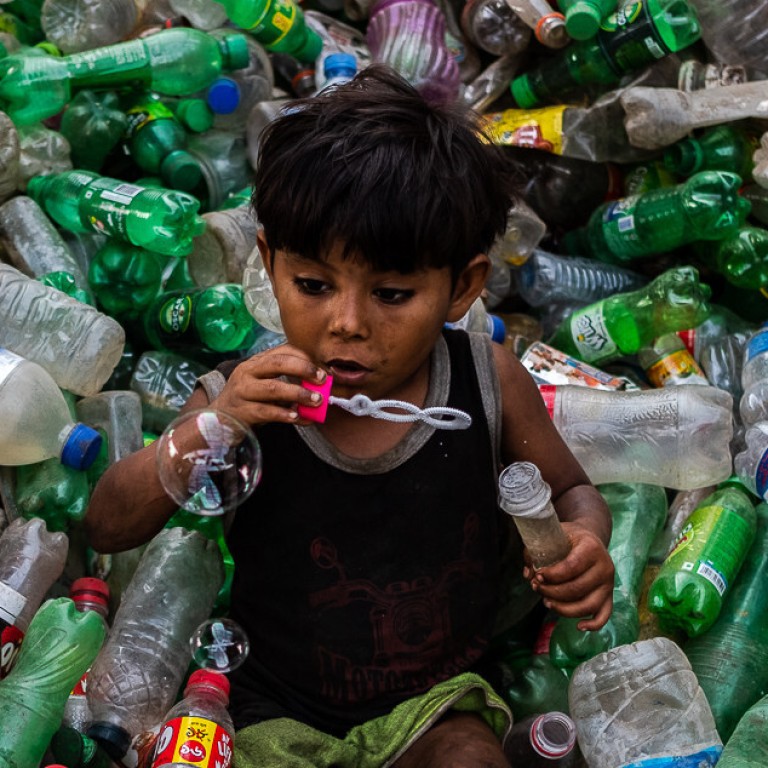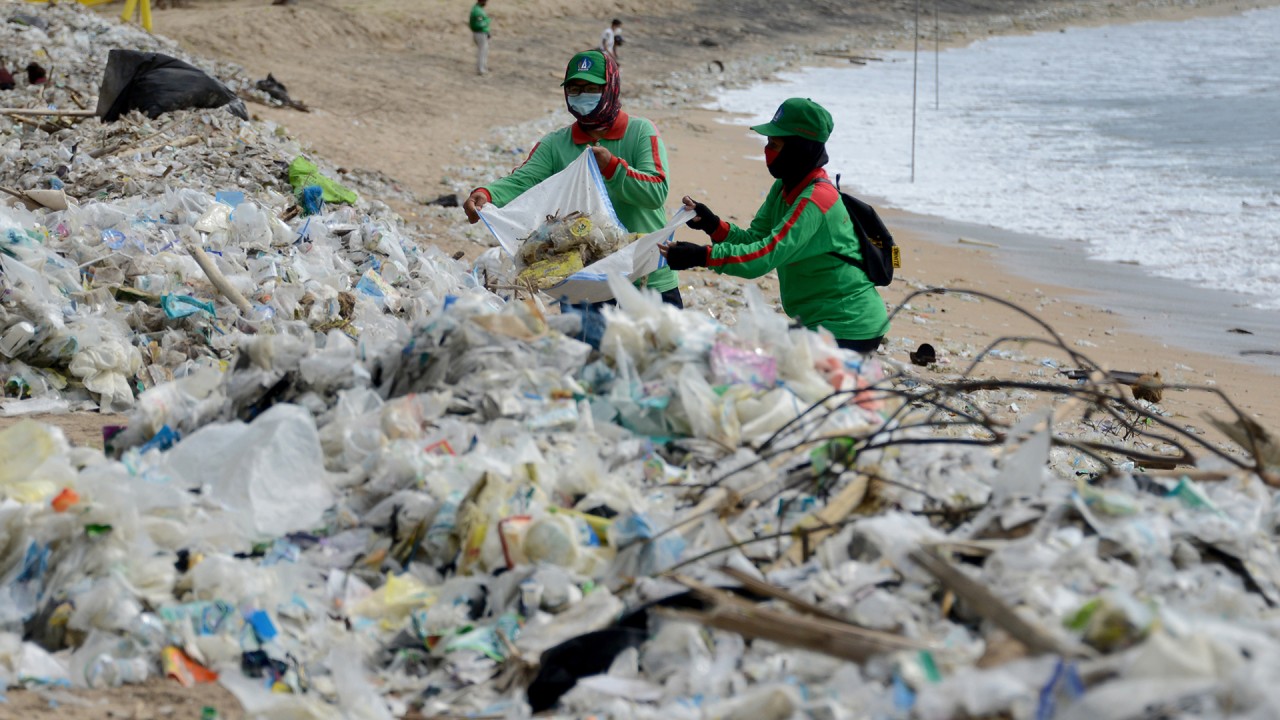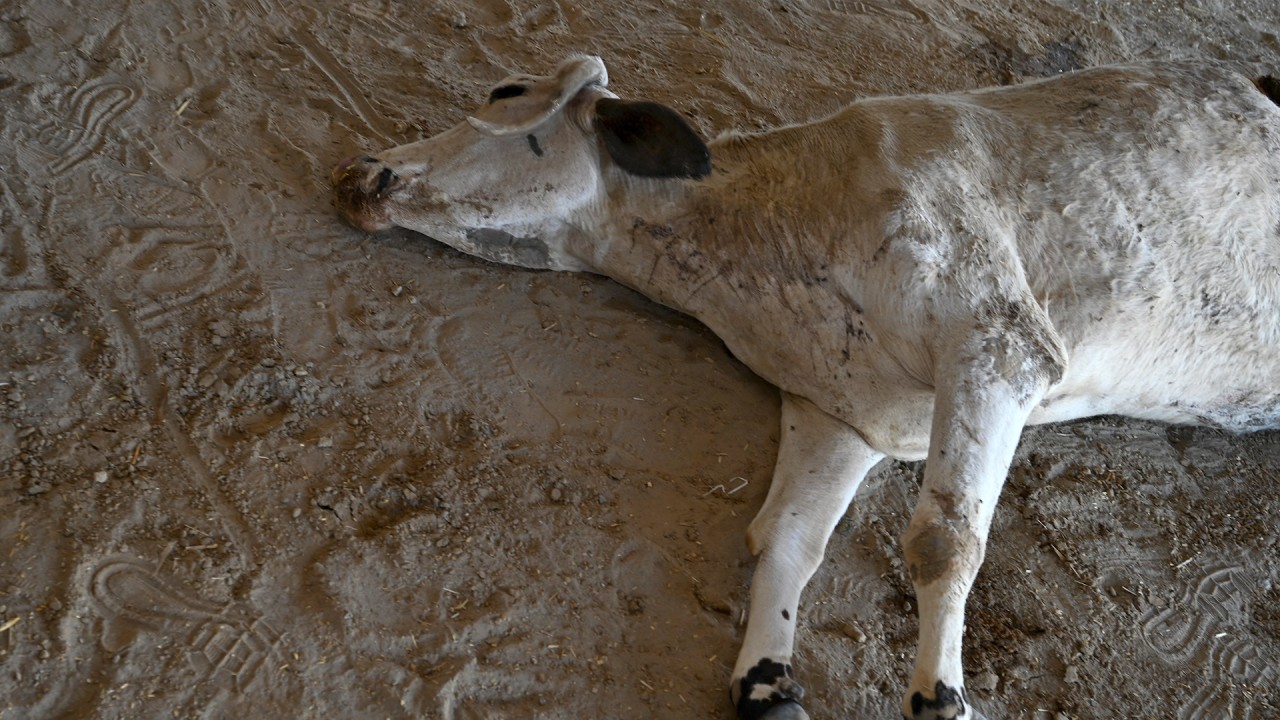
Politico | US green groups blast plastic makers’ recycling push: ‘It’s a pipe dream’
- The groups argue that the Break Free from Plastics Pollution Act would undermine their recycling efforts and disrupt critical supply chains
- Critics accuse the plastics industry of selling consumers a false promise that recycling alone can fix the waste problem
This story is published in a content partnership with POLITICO. It was originally reported by Catherine Boudreau on politico.com on March 25, 2021.
Legislation aimed at tackling America’s plastic waste has ignited a messaging war between makers of single-use products and environmental advocates.
The American Chemistry Council on Tuesday lined up industry heavyweights Dow Chemicals Co., Bubble Wrap maker Sealed Air Corp., and others to argue that the Break Free from Plastics Pollution Act – which Senator Jeff Merkley and congressman Alan Lowenthal plan to reintroduce today – would undermine their recycling efforts and disrupt critical supply chains.
On Wednesday, the National Caucus of Environmental Legislators, Beyond Plastics and other groups delivered a counterpunch, promoting the bill as a comprehensive solution to plastic pollution.
The legislation would cut production at the source by banning bags, straws, takeaway containers and other items.
Consumer brands would be on the hook for funding waste and recycling programmes and no more plastic plants could be constructed until the federal government evaluates the cumulative health impacts of pollution on low-income Americans and communities of colour.
Both camps say they want to keep plastic out of landfills, waterways and oceans, but disagree on how to do it.
Green groups accuse the plastics industry of selling consumers a false promise that recycling alone can fix the waste problem. Less than 10 per cent of the tens of millions of tonnes of plastic produced in the US each year is recycled, according to EPA data.
China’s environmental push away from plastics having knock on effects
Why it matters: The Merkley-Lowenthal bill lands as the White House and Democrats piece together a broader green infrastructure and jobs package. The lawmakers said that effort could incorporate parts of the Break Free from Plastics Pollution Act, but declined to outline specifics.
Lowenthal said a major climate package introduced earlier this month by House Democrats included measures that are part of the plastics bill, including pausing permits for new or expanded plastic production facilities while the National Academies of Science studies the impact of plastics on communities and the EPA enacts new clean air regulations.
The climate package also would direct consumer brands to use a certain amount of recycled material in their products and pay to clean up waste. Both measures are elements of the Merkley-Lowenthal bill.
Industry’s solution: Joshua Baca, ACC’s vice-president of plastics, said pausing the expansion of plastic plants would slow industry investment in advanced recycling, which reduce plastics to chemical components that can be made into new products.
Unilever PLC, Coca-Cola Co. and other major brands have promised to use more recycled material in their packaging, but they can’t meet those promises without the advanced technology, Baca said.
ACC members have invested about US$4.5 billion in advanced recycling since 2017, which could eventually divert 4.1 million tonnes of waste from landfills each year. Some of the trade group’s members also are part of the Alliance to End Plastic Waste, which in 2019 pledged to spend US$1.5 billion over five years to address the problem.
That spending is a fraction of the US$400 billion the oil and gas industry plans to spend in the coming years on new plastic manufacturing capacity, according to a September study by Carbon Tracker.
False promise of disposable plastic recycling obscures firms’ role in global waste crisis
“This is the continuation of an industry strategy of saying recycling can solve the problem and we don’t need to reduce production,” said Neil Tangri, science and policy director at the Global Alliance for Incinerator Alternatives. “It’s a pipe dream.”
Advanced recycling also doesn’t address the problem of plastics that don’t enter the recycling stream because, for example, they’re not collected, environmental advocates said.
ACC supports a national recycling standard that makes it easier for consumers to know what they can toss in the blue bin, Baca said in an interview. And the group and consumer brands have agreed to pay packaging fees to help pay for waste and recycling – just not the version proposed in the Break Free from Plastics Pollution Act.
The bill would require companies to bear the full cost of state and local recycling programmes, which currently are funded by taxpayers. The version endorsed by industry groups would pool private and taxpayer dollars.
Read Politico’s story.



